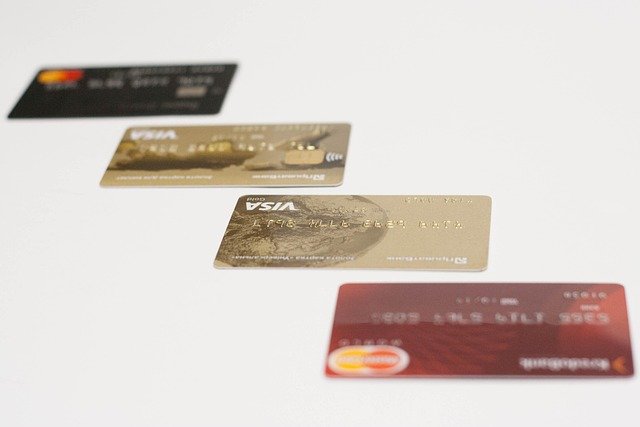How to get a $20k credit limit instantly with bad credit
Struggling with bad credit but need a $20,000 credit limit? It might sound impossible, but there are strategies and options available. In this guide, we’ll explore how to navigate the system, leverage alternative lenders, and improve your chances of instant approval despite a low credit score.

What defines bad credit and how does it affect credit limits?
Bad credit typically refers to a credit score below 580 on the FICO scale. Credit scores range from 300 to 850, with higher scores indicating better creditworthiness. Lenders use these scores to assess risk and determine credit limits. A low credit score often results in lower credit limits or outright denials, as it suggests a higher likelihood of default. Factors contributing to bad credit include late payments, high credit utilization, bankruptcies, and collections accounts.
Which lenders are more likely to offer high limits to risky borrowers?
While traditional banks are typically conservative with credit limits for high-risk applicants, some alternative lenders may be more accommodating:
-
Online lenders: Some fintech companies use alternative data to assess creditworthiness, potentially offering higher limits.
-
Secured credit card issuers: By providing collateral, you may qualify for higher limits even with bad credit.
-
Credit unions: These member-owned institutions sometimes have more flexible lending policies.
-
Subprime credit card companies: Specializing in high-risk borrowers, they may offer higher limits, but often with unfavorable terms.
How can you maximize your chances of approval for a high credit limit?
To improve your odds of securing a $20,000 credit limit with bad credit:
-
Provide proof of income: Demonstrating a high, stable income can offset credit concerns.
-
Offer collateral: Secured cards or lines of credit may allow for higher limits.
-
Find a co-signer: A creditworthy co-signer can help you qualify for better terms.
-
Improve your credit score: Even small improvements can make a difference.
-
Explain extenuating circumstances: If your credit issues stemmed from a one-time event, explain this to lenders.
What are some alternatives to traditional credit cards for high limits?
When traditional credit cards aren’t an option, consider these alternatives:
-
Personal lines of credit: These can offer higher limits and more flexible terms.
-
Peer-to-peer lending platforms: Some borrowers find success with these alternative lending models.
-
Home equity lines of credit (HELOCs): If you own a home, this can be a way to access large credit lines.
-
Business credit cards: If you have a small business, you might qualify for higher limits.
Are there instant approval options for high credit limits with bad credit?
While “instant” approval for a $20,000 limit with bad credit is rare, some options may offer quicker decisions:
-
Online pre-qualification tools: These can give you an idea of your approval odds without a hard credit check.
-
Instant decision credit cards: Some issuers offer immediate decisions, though limits may be lower initially.
-
Credit limit increase requests: Existing cardholders might receive instant decisions on limit increases.
Keep in mind that even with instant decisions, actually receiving a card with a high limit may take time.
What are the risks and considerations of high-limit cards for bad credit?
| Consideration | Details | Potential Risk |
|---|---|---|
| Interest Rates | Often higher for bad credit | High cost of borrowing |
| Fees | May include annual, monthly, or processing fees | Significant added expense |
| Credit Utilization | High limits can tempt overspending | Worsening debt situation |
| Secured vs. Unsecured | Secured options may offer higher limits | Risk of losing collateral |
Prices, rates, or cost estimates mentioned in this article are based on the latest available information but may change over time. Independent research is advised before making financial decisions.
While the allure of a high credit limit is understandable, it’s crucial to approach this goal responsibly. Focus on improving your credit score over time, as this will open up more favorable options with better terms. Remember that responsible credit use is key to maintaining financial health and avoiding deeper debt issues. If you’re struggling with existing debt, consider seeking advice from a credit counselor before taking on additional credit.




